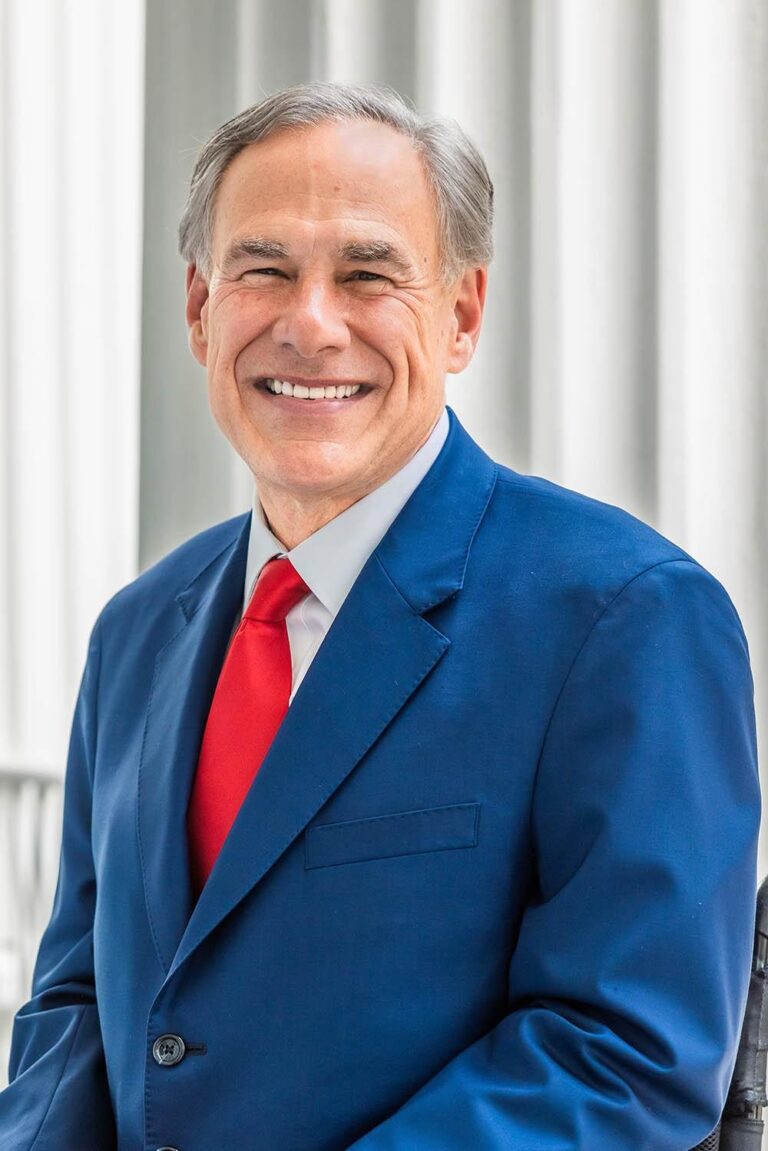Texas Governor Orders Removal of Houston’s Rainbow Crosswalks, Sparking Controversy
Texas Governor Greg Abbott has recently directed the removal of rainbow-colored crosswalks in Houston, a decision that has provoked immediate and widespread criticism from LGBTQ+ advocacy groups. These colorful pedestrian markings, initially installed to commemorate Pride Month and promote inclusivity, have become a flashpoint in the ongoing debate over LGBTQ+ representation in public spaces throughout Texas. Opponents argue that this action diminishes efforts to foster acceptance and diversity within communities.
LGBTQ+ advocates have vocally opposed the governor’s mandate, describing it as an act of discrimination and censorship. In response, numerous organizations have mobilized protests and launched social media campaigns to resist the removal, underscoring the importance of such public symbols in affirming identity and creating safe environments for marginalized populations. This controversy reflects deeper statewide tensions regarding LGBTQ+ rights and the politicization of public art.
- Governor’s justification: Emphasis on road safety and standardization of public infrastructure
- Response from LGBTQ+ groups: Plans for legal action and public demonstrations
- Local government stance: Divided opinions, with some officials supporting the removal
- Community concerns: Fear of reversing progress toward inclusivity and acceptance
LGBTQ+ Groups Decry Crosswalk Removal as a Blow to Visibility and Inclusion
Leading LGBTQ+ organizations have condemned the governor’s order, framing it as a deliberate attempt to erase vital symbols of queer visibility and safety. These rainbow crosswalks have long stood as powerful emblems of acceptance and community solidarity, and their removal is seen as a setback for the fight toward equal rights and recognition in Texas. Many advocates warn that this decision signals a regression in the state’s journey toward embracing diversity.
Statements from prominent groups highlight the broader implications:
- Equality Texas: “Removing these symbols sends a discouraging message to LGBTQ+ Texans that their presence is unwelcome.”
- Human Rights Campaign: “Public visibility is crucial. Erasing affirmations in shared spaces perpetuates stigma and damages trust.”
- GLBTQ Advocates & Allies: “This is more than just paint—it’s about erasing identities and histories that deserve recognition.”
| Organization | Reaction | Planned Actions |
|---|---|---|
| Equality Texas | Issued a public condemnation | Organizing community vigils and awareness events |
| Human Rights Campaign | Released a national alert | Advocating for protective legislation at state and federal levels |
| GLBTQ Advocates & Allies | Filed formal protests | Preparing legal challenges against the order |
Unpacking the Political Dynamics Behind the Crosswalk Removal
Governor Abbott’s directive to dismantle Houston’s rainbow crosswalks has ignited a heated discourse that extends beyond urban design, touching on the cultural and political fabric of Texas. Analysts suggest that the move is less about infrastructure uniformity and more a calculated political gesture aimed at consolidating support among conservative constituents who view LGBTQ+ symbols as divisive. This action aligns with a broader strategy to emphasize traditional values and counter progressive social movements.
While proponents of the removal cite concerns about maintaining consistent public road markings and ensuring pedestrian safety, critics argue these reasons serve as a veneer for deeper ideological motives. The timing of the order, coinciding with national debates on LGBTQ+ rights, reinforces the interpretation that it is a symbolic stance designed to appeal to a conservative voter base. Key political factors include:
- Electoral strategy: Bolstering conservative support ahead of upcoming elections by opposing progressive symbols.
- Symbolic communication: Sending a clear message that certain expressions of identity are unwelcome in public arenas.
- Policy alignment: Consistency with recent legislative efforts targeting LGBTQ+ initiatives statewide.
| Political Factor | Effect on Crosswalk Policy |
|---|---|
| Electoral Considerations | Strengthens conservative voter base |
| Cultural Messaging | Reinforces traditionalist values |
| Legislative Consistency | Aligns with anti-LGBTQ+ legislative trends |
Community Leaders Advocate for Inclusive Public Spaces and Open Dialogue
In response to the governor’s directive, Houston’s community leaders and advocates have rallied to emphasize the importance of public spaces that celebrate diversity and foster inclusion. They stress that rainbow crosswalks are not merely decorative elements but vital symbols of safety, acceptance, and recognition for LGBTQ+ individuals. The removal of these symbols, they warn, risks undermining hard-won progress toward social equity and may stifle important conversations about identity and rights.
Voices from across the community urge policymakers to weigh the broader social consequences of such actions, highlighting concerns that extend beyond aesthetics or urban planning:
- Marginalization and alienation of vulnerable groups in shared spaces
- Restriction of free expression and community identity affirmation
- Potential escalation of social divisions and tensions
| Stakeholder | Main Concern | Recommended Response |
|---|---|---|
| LGBTQ+ Advocacy Groups | Loss of visible LGBTQ+ representation | Maintain and protect inclusive public symbols |
| Community Organizers | Decline in platforms for community engagement | Encourage open, respectful community dialogues |
| Local Government Officials | Balancing diverse public opinions and interests | Host forums and consultations to foster understanding |
Conclusion: The Ongoing Debate Over LGBTQ+ Visibility in Texas Public Spaces
The recent order by Texas Governor Greg Abbott to dismantle Houston’s rainbow crosswalks has ignited a significant backlash from LGBTQ+ communities and allies who view the move as a setback for inclusivity and representation. This controversy highlights the persistent tensions between state-level policies and local efforts to celebrate diversity. As this situation continues to evolve, it will likely remain a focal point in broader discussions about LGBTQ+ rights, visibility, and acceptance not only in Texas but across the nation.

